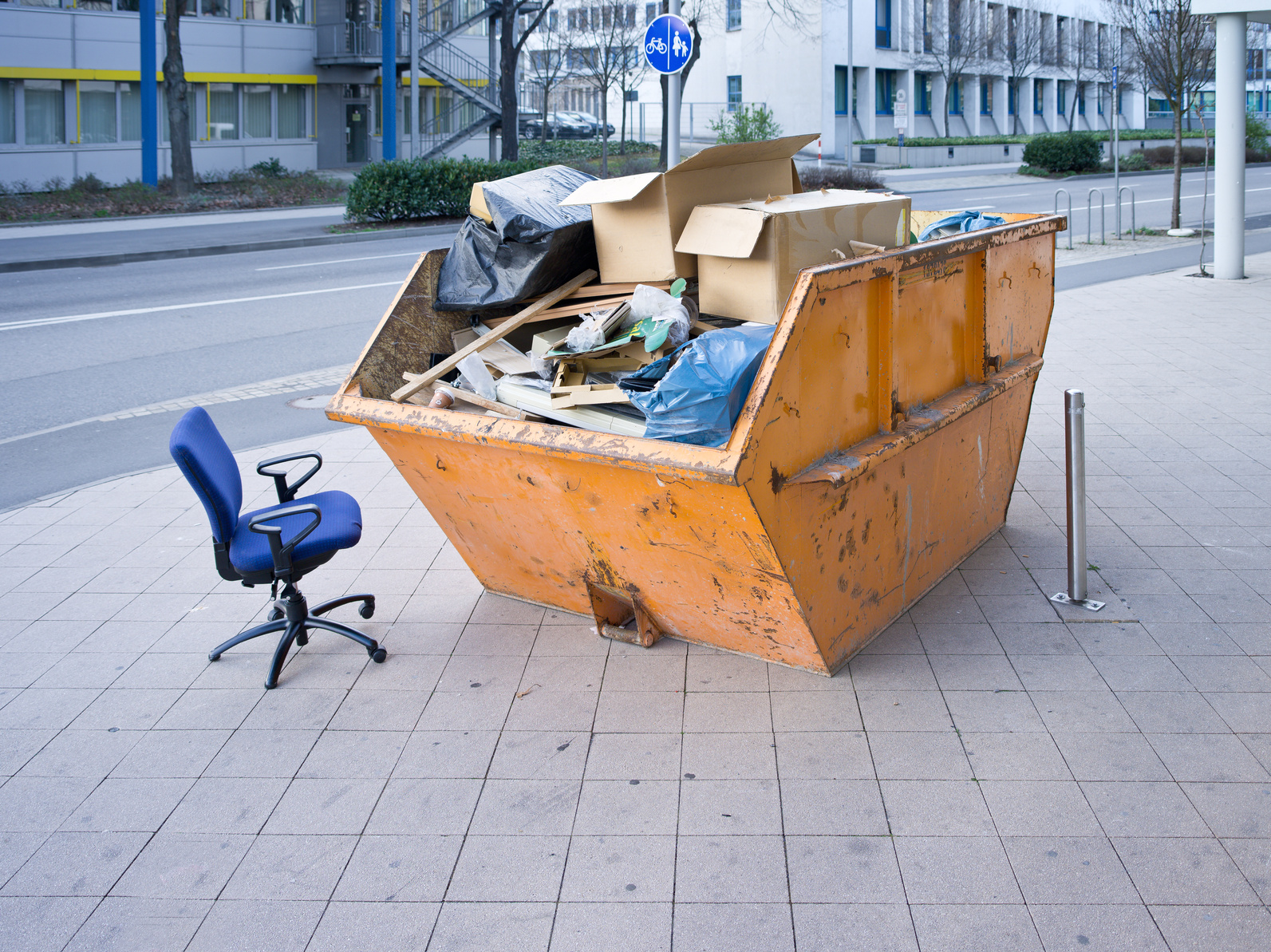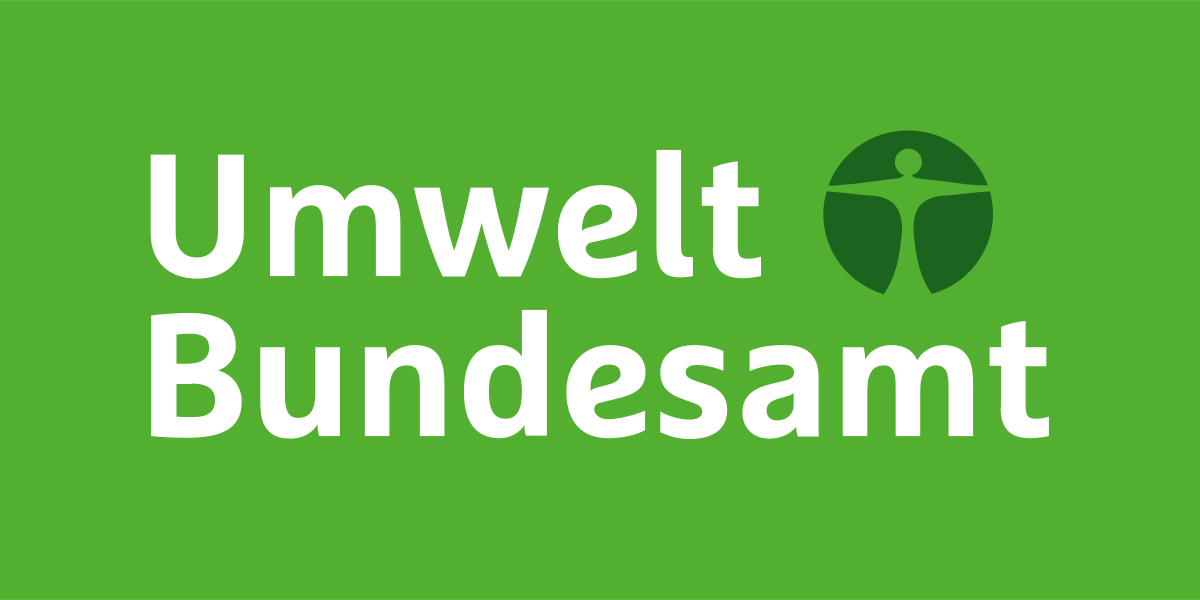Background
Within the framework of this project, the quantity and material composition of residual municipal waste from private households generated in Germany will be investigated. Nationwide investigations were last carried out by ARGUS 1979/80 and 1983 to 1985. Investigations initiated by local authorities or private industry show that many problematic substances and recyclable materials still remain in municipal residual waste despite the Closed Substance Cycle Waste Management Act (Kreislaufwirtschaftsgesetz) with its extensive substatutory regulations. Against the background of increased efforts at European and national level to recycle and recycle waste at a higher value in the future, it is necessary to know the proportion of impurities and problem substances as well as recyclables in residual municipal waste and, building on this, to propose measures to reduce their input.
Client / Project partner
The nationwide study of residual municipal waste is being carried out as part of a project commissioned by the Federal Environment Agency (Umweltbundesamt) in the period from 2017 to 2019. A consortium consisting of the engineering offices INFA GmbH (lead management), Witzenhausen-Institut, Kanthak GbR and ARGUS GmbH was commissioned.
Task/ Method
The quantity and composition of residual municipal waste from private households is determined by a stratified multi-stage random selection. Taking into account the relevant influencing variables of settlement density, separately recorded bio-waste quantity, fee system and settlement structure (strata), representative samples were selected in a multi-stage process (regions, municipalities, residential blocks/communities, residual waste containers). Based on this statistical selection method, the sample results are extrapolated to reliable values that represent the German average with sufficient accuracy.
Results/ customer benefits
From the extrapolated results, valuable findings can be derived for the economic and legal design of waste management measures with the aim of further reducing problematic and recyclable materials from residual municipal waste. Decision-makers from politics and industry thus have extensive and detailed data at their disposition.
The final report has been available on the website of the Federal Environment Agency since 28 July 2020:
https://www.umweltbundesamt.de/publikationen/vergleichende-analyse-von-siedlungsrestabfaellen
Joint press release of the Federal Environment Agency and the Federal Ministry for the Environment, Nature Conservation and Nuclear Safety of 27 July 2020:





